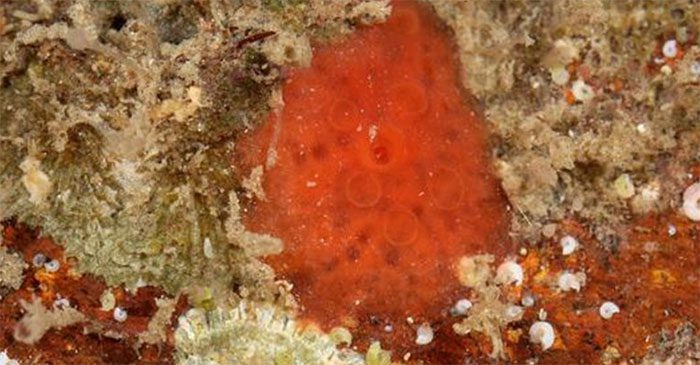Researchers at the University of British Columbia have discovered three compounds in marine sponges and bacteria that effectively inhibit the Covid-19 virus, according to BBC Science Focus.
The three compounds include Alotaketal C, found in sponge samples collected from Howe Sound, British Columbia, Bafilomycin D, and Holyrine A, which are derived from marine bacteria sourced from Barkley Sound, British Columbia, and Newfoundland.

Scientists have discovered three effective antiviral compounds against Covid-19 in marine sponges and bacteria. (Photo: BBC).
This discovery follows a study by the research team on the anti-Covid-19 properties of over 350 naturally occurring compounds derived from plants, fungi, and marine sponges collected globally over the past 40 years.
The compounds were extracted from samples and formulated into a solution to soak human lung cells, which were then exposed to a strain of the Covid-19 virus.
Initial results showed that 26 of the compounds completely reduced viral infection in the cells. Notably, three compounds demonstrated high efficacy even at very low doses and were effective against both the Delta and Omicron variants.
“The advantage of these compounds is that they target the cells, helping to prevent the rapid spread of the virus and aiding in cell recovery,” said Dr. Jimena Pérez-Vargas, a microbiologist and immunologist who co-led the research team at the University of British Columbia.
This finding plays a significant role in the development of Covid-19 treatments, especially as most current therapies are no longer effective against new variants.
“Our research is paving the way for large-scale testing of natural ingredient-based drugs that help prevent infections related to other respiratory diseases, such as influenza A, which is a major concern worldwide,” stated Associate Professor François Jean of Columbia University.




















































